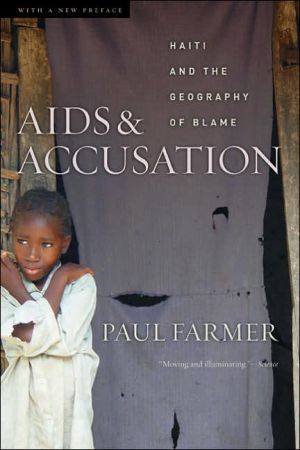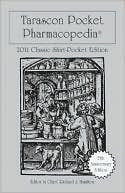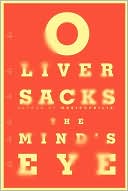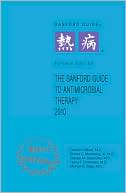AIDS and Accusation: Haiti and the Geography of Blame
Does the scientific "theory" that HIV came to North America from Haiti stem from underlying attitudes of racism and ethnocentrism in the United States rather than from hard evidence? Award-winning author and anthropologist-physician Paul Farmer answers with this, the first full-length ethnographic study of AIDS in a poor society. First published in 1992 this new edition has been updated and a new preface added.
Search in google:
Praise for the first edition:"Farmer's sensitive exploration of the lives and deaths of the people at [the village of] Do Kay give his study a distinctly human face and an emotional edge.... The book is at the same time fiercely personal and coldly objective. The result is both moving and illuminating."— Science"Farmer renders a richly layered and nuanced ethnographic portrait."— Harvard Educational Review"This superbly crafted volume is dedicated to explaining and refuting a popular U.S. belief that AIDS came to the United States from Haiti. . . . Farmer has made an outstanding scholarly contribution to the 'anthropology of suffering,' the assessment of illness as perceived and experienced by a patient embedded in an interlocking fabric of culture and history."— Medical Anthropology Quarterly Library Journal Physician and anthropologist Farmer studied the impact of AIDS on the impoverished people of Haiti, and his portrayal for his doctoral dissertation, of a small rural village--its clinic, religious life, folk healers, and voodoo beliefs--brings Haitian culture powerfully to life. He provides an extensive history of the country, finally exploring the connection between suffering and blame: Americans have blamed Haitians for ``causing'' AIDS, while Haitians have accused one another of ``sending'' it through sorcery. Rarely is a book based on a dissertation so engaging. Highly recommended for academic and subject collections.-- Judith Eannarino, Washington, D.C.
Preface1Introduction1Pt. IMisfortunes Without Number172The Water Refugees193The Remembered Valley284The Alexis Advantage: The Retaking of Kay335The Struggle for Health4261986 and After: Narrative Truth and Political Change48Pt. IIAIDS Comes to a Haitian Village597Manno618Anita809Dieudonne9510"A Place Ravaged by AIDS"110Pt. IIIThe Exotic and the Mundane: HIV in Haiti12111A Chronology of the AIDS/HIV Epidemic in Haiti12512HIV in Haiti: The Dimensions of the Problem13013Haiti and the "Accepted Risk Factors"13414AIDS in the Caribbean: The "West Atlantic Pandemic"141Pt. IVAids, History, Political Economy15115Many Masters: The European Domination of Haiti15316The Nineteenth Century: One Hundred Years of Solitude?16417The United States and the People with History177Pt. VAids and Accusation19118AIDS and Sorcery: Accusation in the Village19319AIDS and Racism: Accusation in the Center20820AIDS and Empire: Accusation in the Periphery22921Blame, Cause, Etiology, and Accusation24422Conclusion: AIDS and an Anthropology of Suffering252Notes265Bibliography301Index333
\ Library JournalPhysician and anthropologist Farmer studied the impact of AIDS on the impoverished people of Haiti, and his portrayal for his doctoral dissertation, of a small rural village--its clinic, religious life, folk healers, and voodoo beliefs--brings Haitian culture powerfully to life. He provides an extensive history of the country, finally exploring the connection between suffering and blame: Americans have blamed Haitians for ``causing'' AIDS, while Haitians have accused one another of ``sending'' it through sorcery. Rarely is a book based on a dissertation so engaging. Highly recommended for academic and subject collections.-- Judith Eannarino, Washington, D.C.\ \








